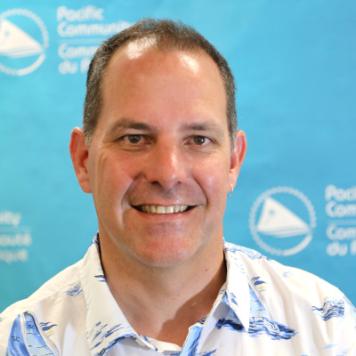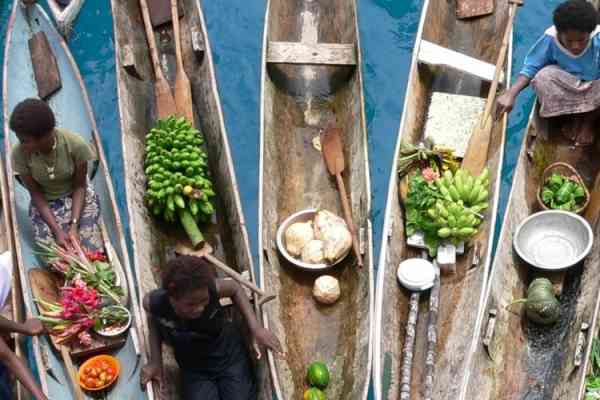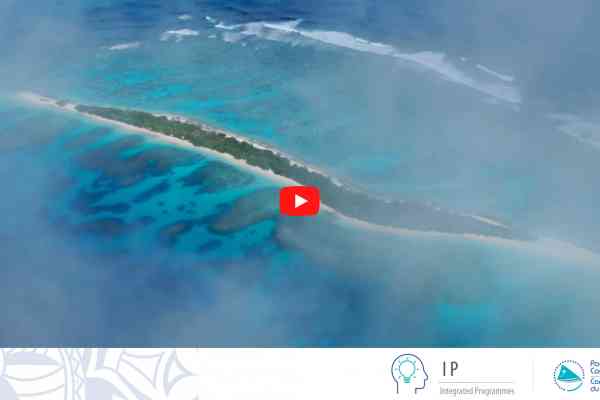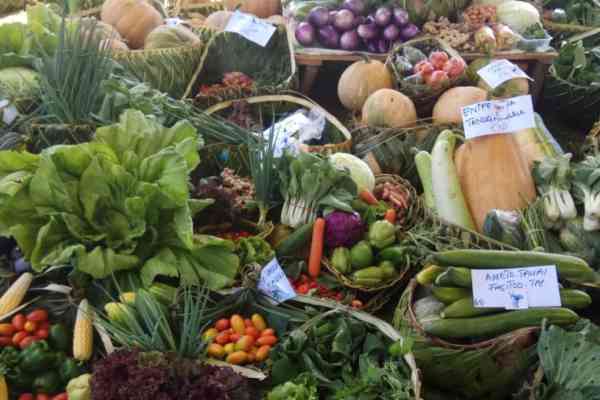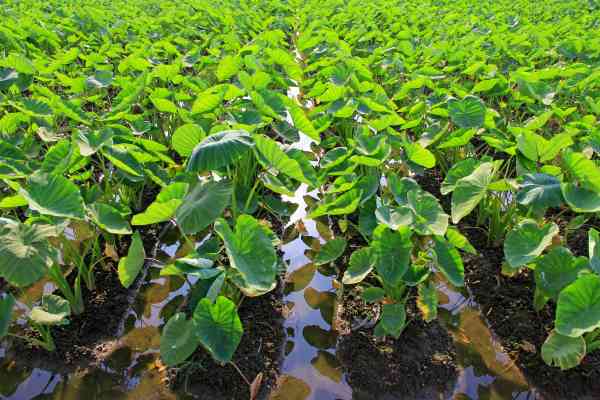The Food Systems Summit held on September 23 in New York was an opportunity for the world to come together to find solutions to one of the major challenges of our generation: transforming the systems that make it possible to produce and consume food in a sustainable way.
This challenge is particularly important for the Blue Pacific region. Pacific Food Systems heavily rely upon a perfect symbiosis between communities, the land on which they live and the vast ocean that surrounds them. It is estimated that between 50 and 70 per cent of Pacific people depend on agriculture and fishing and associated activities for their livelihoods.
For thousands of years, Pacific people have sustainably managed their food systems and the land and marine resources that support them. Communities had, and continue to have, a deeply interconnected network of commercial and cultural exchanges, passing on traditional knowledge in agriculture and fisheries from generation to generation.
Today, this knowledge and custodianship is combined with cutting edge science and governance for the sustainable management of Pacific fisheries, for instance, as well as plant genetic resources. This is a public good not only for the region, but also for the rest of the world.
Threats are mounting to Pacific Food Systems, with a level of risk never seen in the past. Climate change and climate-related disasters pose a critical threat to Pacific food systems, impacting coastal fisheries and agriculture, increasing risks of pathogens and pests, and intensifying vulnerability to low levels of water security.
The COVID-19 pandemic has also severely impacted Pacific food exports of horticulture products and tuna, a key economic resource for the region – It is estimated that more than half of the tuna consumed in the world comes from the West and Central Pacific Ocean.
In addition, the lockdowns and a huge reduction in tourism have continued to impact rural communities supplying food to local markets, further fuelling the region’s high dependence on food imports and the prevalence of non-communicable diseases.
Against this backdrop, the New York Food Systems summit was an opportunity for the Pacific leaders to share both the challenges facing the region, and demonstrate the Pacific’s contribution to the global food system, including game-changing solutions grounded in culture, knowledge and innovation.
SPC actively supported strong Pacific engagement in the summit by hosting a regional dialogue, as well as bringing together our scientific and technical experience to present the latest evidence on the Pacific food system. We also worked closely with our United Nations and CROP partners as they supported member state dialogues.
One of the key outcomes of the process is an increased recognition of the role of “Blue Foods” on the global stage and food systems agenda. Already central to Pacific diets and cultural traditions, Blue foods globally are extremely diverse and offer great potential to address the “triple malnutrition burden” of under-nutrition, obesity, and micro-nutrient deficiencies. It also highlighted that the Blue Foods ecosystem contributes to all of the Sustainable Development Goals (SDGs).
Moving forward from now to 2030, broad consensus was achieved at the Summit for an international Blue Foods Alliance, to accelerate implementation at national and regional level of the many international commitments and agreements already in place for aquatic foods. In the coming months, SPC will be participating in this process on behalf of its member countries, to draw the emerging Blue Foods Alliance together, put it on a formal footing, and make it operational.
SPC stands ready to support our members to carry forward this shared food system agenda. Food Systems are a key focal area of our forthcoming SPC Strategic Plan, and we are developing an integrated programme on food systems that brings together our capabilities in agriculture, fisheries and ocean science, public health, climate change and water resource management to better serve our members.
In this issue of Pacific Progress, we invite you to discover the concrete projects implemented by SPC to help Pacific Food Systems to face the challenges of both today and the future.
Discover the Pacific Proress issue here.

